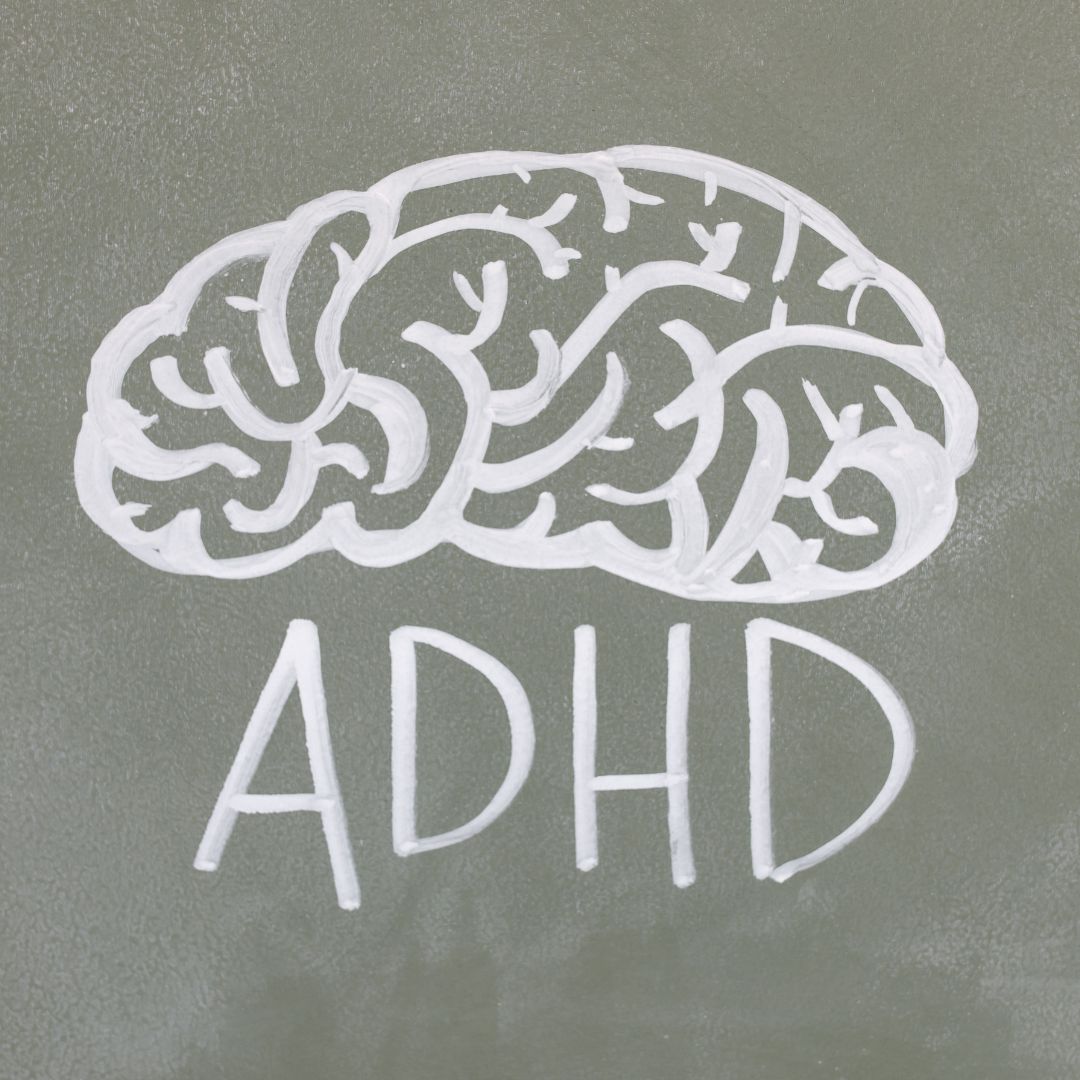Induja holds a Master’s degree in Clinical Psychology and brings a strong academic foundation to her work as a mental health content writer. With deep expertise in psychological concepts and evidence-based practices, she creates thoughtful, accurate, and empathetic content aimed at promoting mental well-being
13 Jun 25 10:00 am
Breaking the Silence - Your Ultimate Guide to Mental Health Services in India
Explore this comprehensive guide to accessing different types of mental support available in India. Discover the significance of mental health services and the resources available for support.

Introduction
The World Health Organization estimates the mental health burden in India to be 2443 disability-adjusted life years (DALYs) per 100 00 population. This puts in perspective the importance of mental health services and the overall approach to mental health. With social media and challenging times, a new wave of awareness for mental health is emerging. The stigmas surrounding the issues are also challenged more often.
However, finding and accessing the right mental health services can still feel daunting. Whether you're seeking help for yourself or a loved one, understanding the landscape of mental health services in India is crucial.
In this guide, we understand what are mental health services and the different types of mental support available to you. With platforms like LifeHetu strengthening minds and empowering lives with virtual therapy, you can avail all the support you need.

Why Mental Health Services Are Important
In India, where mental health issues were considered taboo for the longest time, the importance of mental health services is still a relatively newer change. People are still wary of how mental therapy works in India. This poses a lot of issues like not asking for help and fear of being ridiculed and shunned by society. With changing times and social media awareness, the topic of mental health is slowly and steadily talked about openly.
The importance of mental health services can be better understood for the following reasons:
- Growing Mental Health Concerns: According to a press release published in 2025, nearly 15% of Indian adults experience mental health issues, yet only a fraction seek professional help. It is also noted that 70% to 92% of people with mental disorders do not receive proper treatment due to a lack of awareness, stigma, and a shortage of professionals.
- Breaking Stigma: While attitudes are changing, misconceptions about therapy and counseling remain a barrier.
- Timely Intervention Matters: Early diagnosis and intervention can make all the difference in recovery.
Types of Mental Health Services in India
There are many types of mental support available to you. Each of them caters to various needs. These are the ones you can explore:
- Counseling and Psychotherapy
These services are offered by licensed counselors and clinical psychologists. These are deemed ideal for stress, relationship issues, mild anxiety, or any major life transitions. You could avail of individual sessions, group therapy, or even family therapy.
- Psychiatric Services
These services are offered to you by psychiatrists. They are medical doctors specializing in mental health and the brain. These services are ideal for conditions like depression, bipolar disorder, or schizophrenia. The conditions that require medication to treat, could be availed here.
- Rehabilitation Services
These services are set up to help individuals with severe mental illness. They help reintegrate them into the society. Many specialized centers like NGOs provide these services.
- Crisis Helplines
This is your quick, available, free, 24/7 support for immediate emotional distress. You could get toll-free helpline numbers that can guide and assist you in life.
- Online Therapy Platforms
These types of mental health services are currently growing. Post COVID 19 the mental health field understood the need for accessible, affordable, and anonymous therapy. And hence came mental health apps and websites. With online platforms like LifeHetu, you get focused therapy, which is affordable and at your convenience.
Steps to Access Mental Health Services in India
Navigating mental health services may feel overwhelming, but a structured approach can help simplify it.
Step 1: Identify Your Needs
Identify and understand your needs. What is the problem? Self-assess whether you need therapy, psychiatric support, or crisis intervention. Reflect deeply on the scale of your symptoms - are they mild, moderate, or severe? Then make an informed decision as to which path to pursue.
Step 2: Research Service Providers
Now comes the difficult part. Who to choose? Understand your comfort here first. Do you like talking face to face or do you prefer more of an online interaction? Search for the best in the choices you make. Recommendations from friends, family, or your general physician can be yet another way to go forward.
Step 3: Verify Credentials
You need to find licensed professionals registered with the Rehabilitation Council of India (RCI) or the Indian Psychiatric Society (IPS).
Step 4: Schedule an Appointment
Many platforms now offer both virtual and in-person consultations. Choose what works best for you and schedule the date and time.
Step 5: Evaluate Progress
Therapy is a journey. Regularly evaluate if you feel understood and supported by your therapist.
Barriers to Access and How to Overcome Them
There are many challenges and barriers in the Indian mental health care system. Let us unravel each of them.
- Stigma
Understand that when you face physical discomfort you visit a doctor, so why is seeking help when you are distressed in your mind considered a problem? You need to normalize seeking help by starting conversations about mental health. With the help of social media and other communities, the importance of mental health services is reaching people at the grassroots level.
- Affordability
We understand that mental health services do falter in affordability. But with virtual therapy, online counseling sessions, and NGOs, you can now avail the best mental health care. Budget-friendly therapy sessions are available on online platforms now. Even personalized mental health sessions are available. Choose wisely.
- Availability
Online platforms and virtual therapy could bring solace in this area. You can access professional mental health care services even in underserved areas.
Government and NGO Support
The government and NGOs in India play a crucial role in making mental health services accessible:
Government Initiatives
- National Mental Health Program (NMHP).
- District Mental Health Program (DMHP).
NGOs Leading the Charge
- The Live Love Laugh Foundation: Founded by Deepika Padukone, it focuses on awareness and support.
- AASRA: Dedicated to suicide prevention and mental health counseling.
Final Thoughts
Prioritizing mental health is an act of self-care and empowerment. Taking the first step to seek help can be life-changing. With different types of mental support available, you can choose the one that is perfect for you.
Frequently Asked Questions (FAQs)
Why are mental health services important in India?
Mental health services are essential in India due to the rising mental health concerns and societal stigma. Nearly 15% of Indian adults experience mental health issues, but most do not seek help. These services help with early intervention, breaking stigma, and offering professional support to those in need.What are the types of mental health services available in India?
Mental health services in India include counseling and psychotherapy, psychiatric services, rehabilitation centers, crisis helplines, and online therapy platforms. Each caters to different needs and severity levels of mental health concerns.How can I access mental health services in India?
You can access mental health services by first identifying your needs, researching service providers, verifying their credentials, scheduling an appointment, and regularly evaluating your progress. Online platforms like LifeHetu offer convenient and affordable options.What are the main barriers to accessing mental health care in India?
The main barriers include stigma, affordability, and availability. These can be overcome through awareness campaigns, virtual therapy platforms offering affordable care, and increased government and NGO initiatives.Are there any government or NGO initiatives for mental health in India?
Yes, initiatives like the National Mental Health Program (NMHP) and the District Mental Health Program (DMHP) by the government, along with NGOs like The Live Love Laugh Foundation and AASRA, support mental health awareness and accessibility.Is online therapy effective and affordable in India?
Yes, online therapy has become a widely accessible and budget-friendly option post-COVID-19. Platforms like LifeHetu offer personalized, affordable, and confidential mental health services that can be accessed from anywhere.
References
- World Health Organization–India. (n.d.). Mental Health. Retrieved June 13, 2025, from https://www.who.int/india/health-topics/mental-health
- Ministry of Health and Family Welfare, Government of India. (2025, February 7). Advancing Mental Healthcare in India [Press release]. Press Information Bureau. https://www.pib.gov.in/PressReleasePage.aspx?PRID=2100706
Related Reads. Similar Blogs to Check Out.



